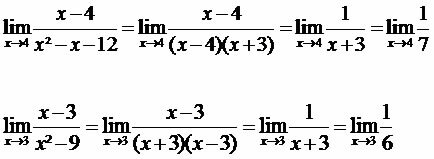external migrations they correspond to the entire population flow that moves from Brazil or from other nations towards different countries, especially developed ones. The concept of migration according to the UN (United Nations) is linked to the mobility of people that occurs in the geographical space between different places, when an individual settles in a certain territory.
Every year, many Brazilians leave the country towards areas of attraction in the hope of finding new opportunities and perspectives to achieve a better quality of life. Generally, these people seek this in developed countries, especially in the United States, Japan, Canada and, recently, in neighboring countries such as Paraguay, Uruguay, Venezuela and others. Despite the great expectations generated, many are frustrated and cannot reach their goals.
THE outward migration it changes the number of inhabitants of the countries involved in the flow, since the migrant's country of origin loses in population, while the destination country grows in number of inhabitants.
The output displacement of a Brazilian is called emigration, in this case Brazil is considered an area of repulsion or reflux. The entry of people into Brazil with the intention of settling permanently is called immigration, and the country in question is seen as an area of attraction or affluence.
Given these concepts, it appears that a person is at the same time an immigrant, because he is outside his country of origin, and an emigrant, because he has left that same country of origin.
Emigration is the product of several factors, such as wars, civil conflicts, environmental catastrophes, although the main reasons are the issues related to the economic and social problems of a particular population.
Eduardo de Freitas
Graduated in Geography
Brazil School Team
Source: Brazil School - https://brasilescola.uol.com.br/brasil/migracao-externa-no-brasil.htm


